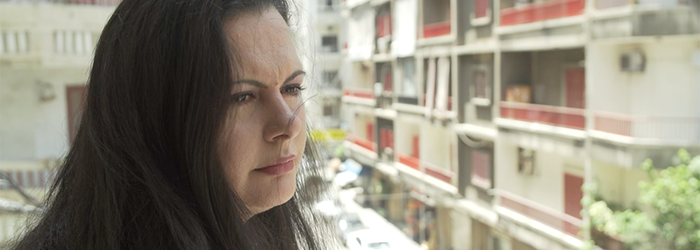“After surviving the horrors of war for nine years, all that time fighting for peace, human rights, and democracy for the Syrian people, it is this pandemic that frightens me the most.” These are the words of Rajaa Altalli, a Syrian women’s rights activist, and co-founder and co-director of Hivos partner the Center for Civil Society and Democracy (CCSD).
In a letter to members of the UN Security Council and members of the World Health Organization, Altalli joins UN Secretary-General António Guterres and UN Special Envoy Geir O. Pederson in calling for an immediate nationwide ceasefire in Syria and asks for support and intervention to counter COVID-19 in Syria. On behalf of CCSD and her Syrian constituencies, she writes:
“COVID-19 knows neither borders nor boundaries, nor if you have a specific religion, ethnicity, or political views. This universal public health emergency will have the greatest impact on the most vulnerable, among them many Syrian people who do not have the right structures in place to provide the necessary care.
For nine years we have been ravished by war, famine, and trauma. We are weak and undernourished. In overcrowded IDP and refugee camps social distancing is impractical. In some camps there is no access to clean water to wash your hands. The camps are deathtraps should this contagious virus take hold. We estimate this virus could kill more people in a month in an IDP camp than all those who died in the war so far.”
The CCSD’s main asks are:
- Support the call for a permanent ceasefire in Syria.
- Support containment of COVID-19 in Syria.
- Support humanitarian and health access to detention facilities in Syria at the very least, or the release all detainees including political and human rights detainees.
- Support equal access to health services for marginalized people such as IDPs and refugees.
International solidarity
Hivos urges everyone to read Rajaa’s letter. We all know that the marginalized suffer most during any crisis. Especially in war-torn countries such as Syria. That is why we now – more than ever – need to rely on both national as well as international solidarity. The only long-term solution to this crisis has to be a global solution.

